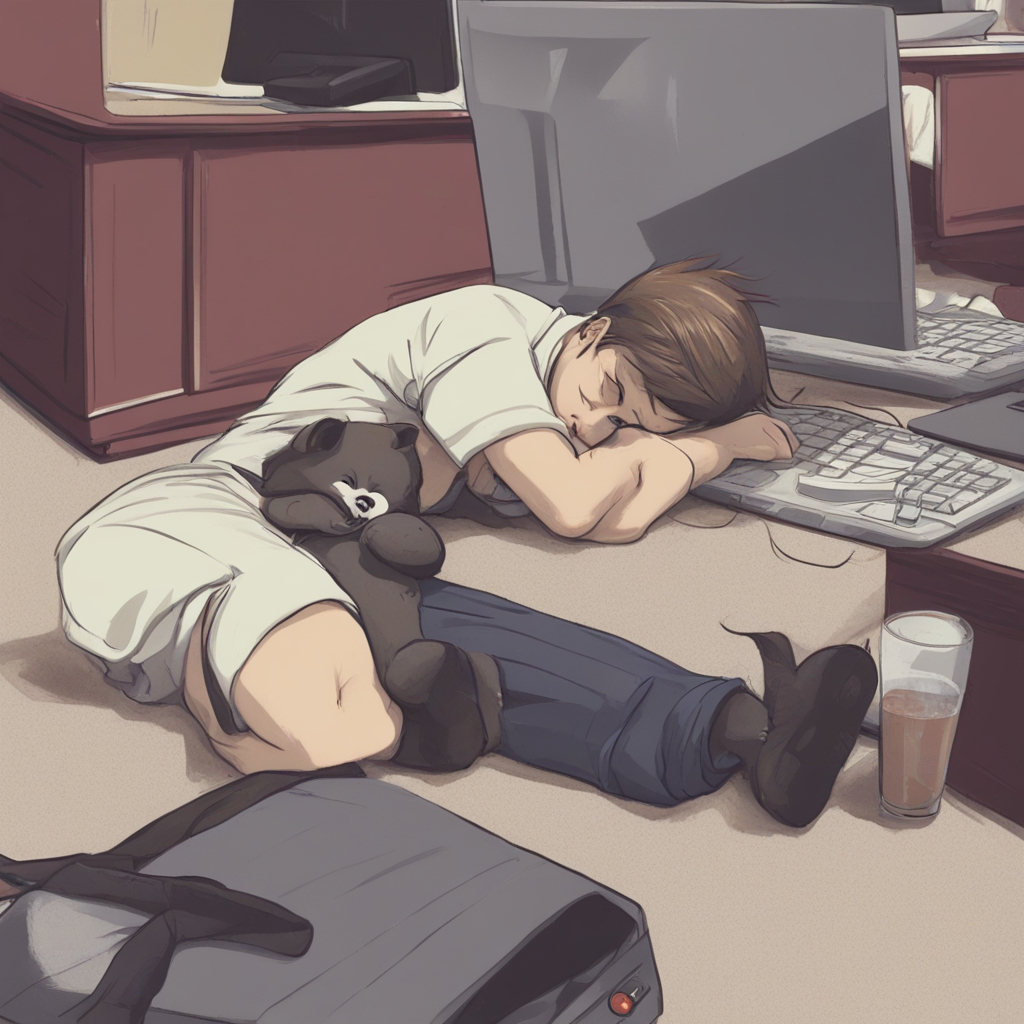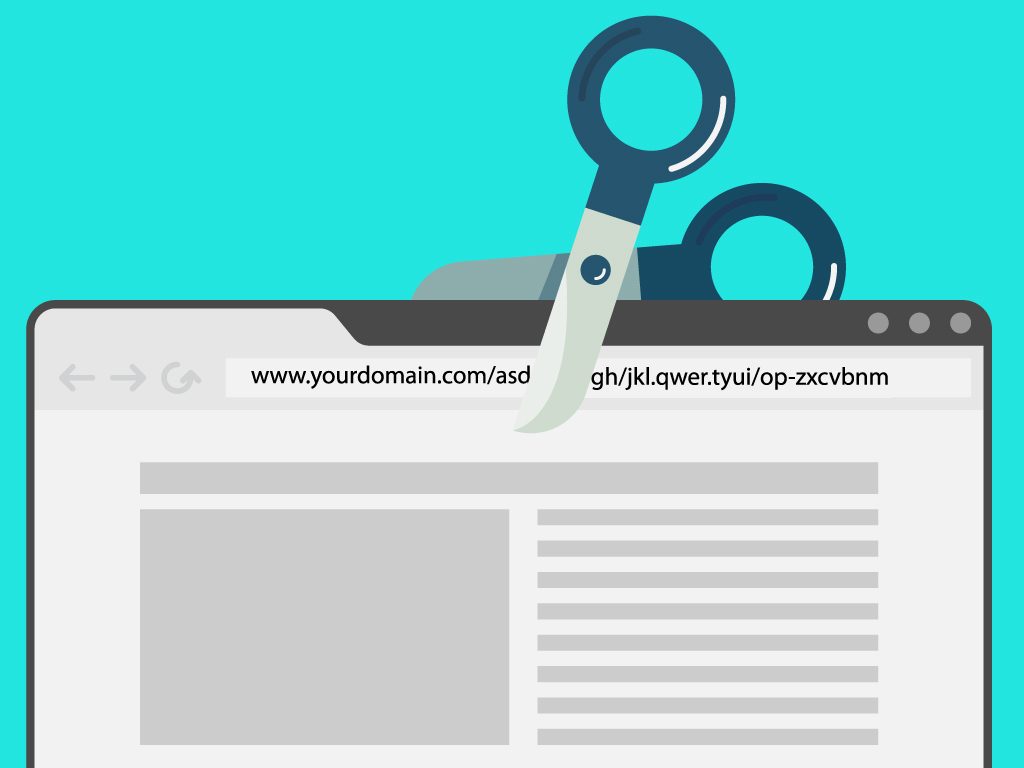Recognizing the End of a Relationship
Recognizing the end of a relationship often comes with signs that cannot be denied. These signs can appear in different forms such as constant disagreements, lack of respect, emotional and physical distance, and the lack of interest to fix unresolved issues. The level of comfort and understanding that once flourished suddenly seems to fade away, leading to perpetual discontentment. At this point, it’s crucial to remain honest with oneself and understand that forcing things to work out might lead to more harm than good.
In addition to these, lack of communication is another significant symptom. If conversations become shallow or unproductive, and both parties find themselves frequently at odds instead of resolving matters through constructive exchanges, it might be a signal that the relationship is past its expiration date. It is natural to feel fear and doubt at this juncture, but acknowledging the situation is the first step one can take towards healing. This phase requires a great deal of maturity and emotional strength, which may seem challenging initially, but eventually, it’s this acceptance that paves the way for personal growth.
Understanding the Importance of Healing
Healing after the end of a romantic relationship is not only about mending a broken heart, but also about rediscovering one’s own identity and worth. It’s a trying process which forces us to confront our vulnerabilities and insecurities, but ultimately paves the way for personal growth and self-awareness. Experiencing and slowly recovering from the pain of a lost love can give us a profound understanding of ourselves, making us more resilient.
The process of healing is intrinsic to our mental and emotional well-being. It helps us to process our feelings of hurt, betrayal, or abandonment, which otherwise could lead to depression or anxiety disorders. Also, genuine healing bolsters us with the emotional strength we need to foster healthier relationships in the future. It’s crucial to remember that healing is not about rushing to forget or suppressing these feelings but more about acknowledging them, learning from them, and gradually letting go.
How to Cope with Emotional Turmoil
Stepping out of the tumultuous storm of a terminated relationship denotes the incipient stage of entering the healing phase. The emotional throes are akin to a whirlpool of feelings revolving around betrayal, remorse, anger, sadness, and even guilt which can be almost overpowering. It’s important to allow yourself to feel these emotions, as this leads to the path of resolution. This emotional turmoil is part of the human experience. It is perfectly okay to feel upset, angry, hurt, or any other powerful emotions and it’s crucial not to suppress these feelings, for they ultimately lead to an emotional catharsis, which is pivotal in the recovery process.
One must seek comfort in the understanding that like everything in life, this phase is transient and not permanent. Recognize that feelings change constantly and that the intensity of hurt would lessen eventually. Using strategies such as journaling your thoughts and emotions, focusing on deep-breathing exercises, yoga, meditation, talking to a therapist, or even confiding in a close friend or family member are all effective ways not only to express your feelings but to gain a better understanding of them. Distractions aren’t to be seen as escape mechanisms but rather as a tool to help break the spiral of negative thoughts. Be patient with yourself during this time, understanding that recovery isn’t linear, but varies from person to person. The journey to healing isn’t always smooth and contending with emotional turmoil is, indeed, part of this journey.
Establishing a Support System Post-Split
Navigating the tumultuous waters of a breakup can often feel like an insurmountable task. One finds themselves lost in a sea of emotions, and subconsciously yearning for the familiarity and comfort they’ve lost. During these times, a robust support system can serve as a much-needed anchor. Loved ones can provide an empathetic ear, comforting shoulder, and grounded perspective. As such, reaching out and leaning on family, friends, or even seeking professional help from a counselor or therapist can aid in dealing with a breakup.
This emphasis on establishing a post-split support system is echoed by many relationship experts. An immediate environment of support and understanding can play a crucial role in forming new, healthier emotional patterns, post-breakup coping mechanisms, and eventually, moving forward. Indeed, the importance of such a system can’t be overstressed – it opens avenues for conversation, it encourages the flow of emotions without judgment, and fundamentally, it helps mitigate feelings of loneliness that are an almost inevitable part of the split.
Practices for Self-Care and Recovery
When navigating the aftermath of a relationship’s end, it becomes paramount to prioritize self-care and recovery tactics. These can be as diverse as the individuals involved, ranging from physical exercise and renewed commitment to healthy eating, to therapeutic self-expression through art or journaling. A nourished body and an outlet for inner thoughts and feelings can significantly aid in recuperating from the emotional distress common in breakups.
While many consider routine wellness practices, there’s a unique power in exploring new avenues of self-care. Perhaps this is trying a meditation class, seeking professional therapeutic support, or even immersing oneself in nature on a solitary hiking trip. Some may find comfort in spiritual rituals or by joining a community group of like-minded individuals, serving as a reminder that even in periods of loss and change, they are not alone. This journey of self-discovery and well-being allows room for the processing of pain and fosters resilience for future challenges.
Exploring New Hobbies and Interests
The end of a relationship often leaves a void in your daily routine, once filled with shared activities and common interests with your partner. At this point, immersing yourself in new hobbies and interests can be highly therapeutic. These activities offer an escape from the cloud of emotional turmoil and present an opportunity for self-discovery. Whether it’s trying your hand at photography, participating in a local dance class, or plunging into the world of literature, pursuing fresh avenues forms a fresh connection with different aspects of your personality.
Crucially, focusing on new hobbies and interests allows you to regain a sense of self-identity. When in a relationship, it’s easy to intertwine your identity with that of your partner, losing personal interests in the process. Exploring new pursuits post-breakup helps you rediscover and redefine yourself apart from the relationship. This self-exploration rekindles personal growth and fosters resilience, healing the emotional wounds left behind. As time progresses, your newfound hobbies and interests serve as stepping stones, propelling you towards a renewed sense of self-confidence and a new chapter in your life.
Maintaining a Positive Mindset During Difficult Times
Following a breakup, it is easy to succumb to negative emotions and pessimism. However, it’s vital to remember that such experiences, as devastating as they may be, often serve as catalysts for personal growth and transformation. In this challenging time, maintaining a positive mindset can be a game-changer. It involves allowing oneself to experience and accept the pain without dwelling excessively on it. The key lies in embracing the belief that every hardship encountered serves a purpose and contributes to shaping us into stronger, more resilient individuals.
Despite the robust emotions that may drive one towards a downward spiral, every effort must be taken to stay focused on optimism. There are different strategies that can help in maintaining a positive mindset, like mindfulness, gratitude, and affirmations. It is worthy to invest some time in recognizing the good aspects of life that might have been overshadowed by the emotional turmoil of a breakup. Also, continually reminding oneself about personal strengths and achievements helps in fostering an optimistic approach towards life. Maintaining a positive mindset is essential during difficult times, it can shape the way we react to adversity and ultimately defines the trajectory of our recovery journey.
The Role of Forgiveness in Moving Forward
Forgiveness plays a crucial role in moving forward, especially after a significant event like a relationship ending. It’s the healing balm that soothes the heart and de-stresses the mind. The act of forgiving doesn’t mean that you are excusing another person’s wrongs, rather, it signifies that you have chosen to let go of the resentment and pain that can weigh you down. This decision to forgive can be seen as a gift to oneself more than anyone else.
Embracing forgiveness takes a degree of personal strength and maturity. It requires a willingness to reflect inwardly and reconcile with your feelings. In this process, past mistakes and misunderstandings can be seen as lessons learned, fostering personal growth. Moreover, forgiving allows you to regain control of the narrative of your own life, shifting focus from the past to the present and future, paving the way to move forward with a healthy and positive outlook.
Rebuilding Confidence and Self-Esteem After a Breakup
Following a breakup, the world may seem flurry and out of focus. Yet, it is essential to remember that this period represents just a fragment of the entire journey. Self-esteem and confidence tend to significantly plummet during these challenging moments; it is completely normal but not a permanent condition. To spark the process of rebuilding, consider starting with small yet reaffirming activities. Rediscovering the personal attributes that define your identity is a stepping stone towards recapturing your self-worth.
Embrace the comfort provided by the reflection of your personal achievements, no matter their sizes. Setting and achieving new goals can also be a robust way to bolster self-esteem. Fitness, education, or simple self-improvement targets can facilitate an elevation in confidence. Surround yourself with positivity, tap into the world of motivational literature, and value the strength that lies within your vulnerability. Just the act of persevering through such an emotionally exhausting instance shows a level of strength that should not be overlooked. Trust in your abilities to maneuver adversity – each step taken is a testament to the robust resilience in you.
Planning for a Better and Brighter Future
Taking the first steps towards a new future post-breakup may initially seem daunting. The chaos and grief of the split might momentarily cloud the vision of a brighter horizon. Yet, with conscientious effort and a zest for self-improvement, it’s entirely possible to embark on this journey. For a better and brighter future, it is essential to set clear, achievable goals encompassing all aspects of life: personal, professional, emotional, and physical.
Constructive habits such as maintaining a daily routine, regular exercise, a balanced diet, and constructive hobbies can lay the foundation for this new normal. It is also important to expand one’s social circle, cultivate positive relationships, and indulge in self-love. Proactive measures like these can help to gradually eclipse past pain and open the door to promising new opportunities. Putting the past behind and planning prudently for a future that is yet to unfold can foster personal growth and resilience.






























